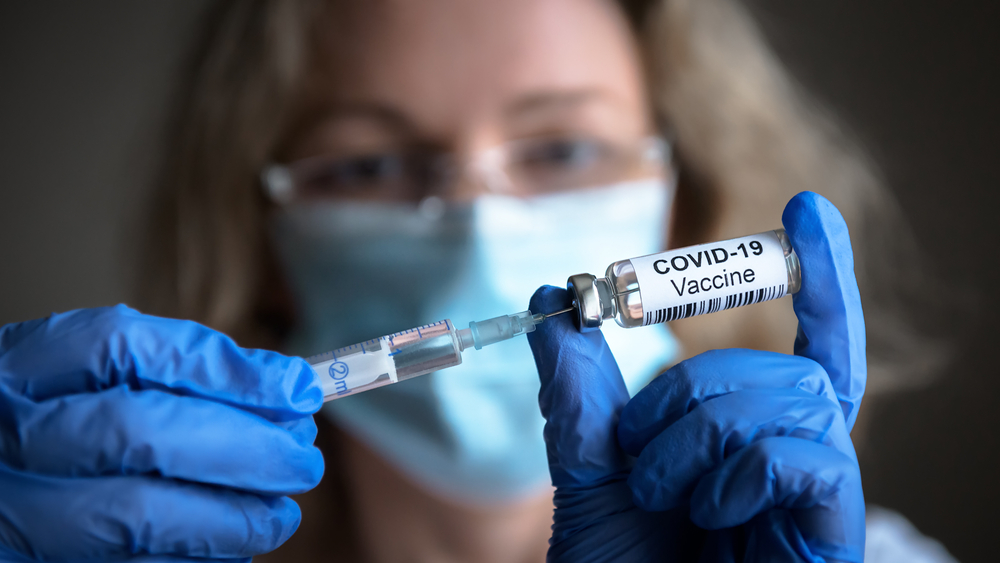
Jessica Rose started to analyze data on adverse reactions after the COVID-19 vaccines in order to master a new piece of software. However, she couldn’t ignore what she saw and so published the results of her analysis. Rose has a PhD in computational biology from Bar-Ilan University in Israel. After switching to new computational software, she was looking for an interesting data set to use with it. She chose the vaccine adverse event reporting system; this is a database of reports of health issues which have occurred after vaccination. These health issues may or may not have been caused by the vaccinations.
She said she wasn’t looking for anything in particular in the data. “I don’t go in with questions,” she said. VAERS is a United States Government run website and database which anyone can report an adverse reaction to a vaccine through. Such reports are typically followed up by researchers and government employees for duplicates. Reports to the system are typically filed by health care personnel based on previous research. Every year there’s about 40,000 adverse reactions reported to the database with several hundred deaths being recorded. VAERS has been in place since 1990 in order to provide an early warning system if a vaccine should have an issue.
However, after the introduction of the COVID-19 vaccines, reports to the database went exponential. By January 7th there were over 1,000,000 reports with 21,000 of those being deaths, 11,000 heart attacks, over 12,000 bell’s palsy, and over 25,000 myocarditis or pericarditis. Rose found that this data was alarming to her especially given that authorities and experts were dismissing it as unverified and unreliable. It was never meant to provide answers. It was only meant to be an early warning system and it’s doing that job with the COVID-19 vaccine. We have to ask why so many safety signals are being ignored when it comes to the VAERS reporting database.
Rose coauthored a paper with Peter McCullough which is an internist, cardiologist, and epidemiologist on the reports of myocarditis in young people. This was already an acknowledged side effect of the COVID-19 vaccine though it was described as rare. The pair found 559 reports of myocarditis of which 97 were in children ages 12 to 15. “Within 8 weeks of the public offering of COVID-19 products to the 12–15-year-old age group, we found 19 times the expected number of myocarditis cases in the vaccination volunteers over background myocarditis rates for this age group,” the paper said.
Myocarditis cardiac arrest strongly temporally related to 2nd dose. Epidemiology shows “waves of suspected cases” in young persons that could coincide with mandate-induced surges. Every case needs administration record and clinical details: cTNI/T, ECG, echo, MRI, angiogram. pic.twitter.com/cfIBjcIdIt
— Peter McCullough, MD MPH (@P_McCulloughMD) April 29, 2022
Two weeks after the paper was published on October 15th the paper disappeared from the publisher’s website with a notice stating that it was temporarily removed. The authors weren’t even informed that their paper had been removed and they were never told why. When the authors brought up the issue with the publisher, they were told the paper was pulled because it wasn’t invited. McCullough said that wasn’t irrelevant and threatened to sue for breach of contract. At that point the publisher turned to its terms of use saying it had the right to refuse a paper for any reason. In late November the paper was replaced by a different notice stating that the article had been withdrawn by the authors and or editor.
“It just feels like weird censorship that isn’t really justified,” Rose said.
A recent Danish study concluded that an elevated risk for myocarditis in young people was noticeable in the Moderna COVID vaccine, so it wasn’t like the paper’s conclusion were exactly controversial. Still, it is common for papers that examined potential issues with the vaccine to frame the results in a way that appears to endorse continued vaccination programs. Rose’s paper did not do this.
“As part of any risk/benefit analysis which must be completed in the context of experimental products, the points herein must be considered before a decision can be made pertaining to agreeing to 2-dose injections of these experimental COVID-19 products, especially into children and by no means, should parental consent be waived under any circumstances to avoid children volunteering for injections with products that do not have proven safety or efficacy,” the paper said.
This story syndicated with permission from My Patriot Post